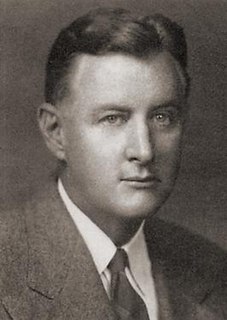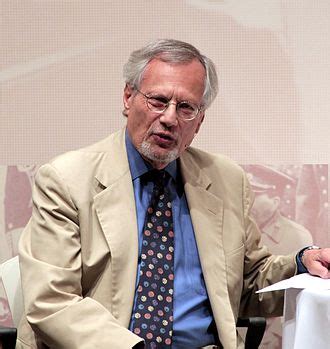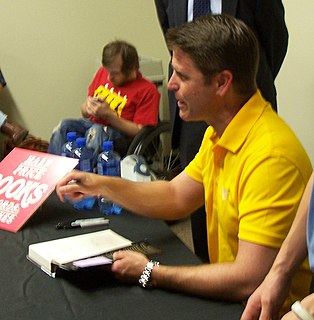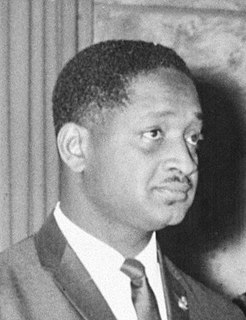A Quote by Oliver Wendell Holmes, Jr.
The history of intellectual growth and discovery clearly demonstrates the need for unfettered freedom, the right to think the unthinkable, discuss the unmentionable, and challenge the unchallengeable. To curtail free expression strikes twice at intellectual freedom, for whoever deprives another of the right to state unpopular views necessarily also deprives others of the right to listen to those views.
Quote Topics
Related Quotes
When people get frustrated, it's when they feel they are living in a context that deprives them of dignity, deprives them of justice and deprives them of the freedom to realize their full potential, and that to me is what the Arab awakening was all about. I think it applied to every country, and so I have been an unmitigated supporter of it.
As an American, we have a right to vote and to our freedom of speech, and to voice our political views, and so I actually take conversations on the other side of the aisle not necessarily as a challenge but as an opportunity to continue the conversation, which is I think what we all value most about America.
We can have intellectual individualism and the rich cultural diversities that we owe to exceptional minds only at the price of occasional eccentricity and abnormal attitudes. When they are so harmless to others or to the State as those we deal with here, the prices is not too great. But freedom to differ is not limited to things that do not matter much. That would be a mere shadow of freedom. The test of its substance is the right to differ as to things that touch the heart of the existing order.
A year ago Guyana became politically free and independent. She assumed the untrammeled right to make her own decisions on what ought to be done or ought not to be done within her border. Since then, hers has also been the right to decide what course she would take and to state her views and opinions positively in the fora of the world. As we celebrate the first anniversary of freedom, it is our duty to take account of what we have achieved or what we have failed to do, to note where we have done well and what we ought to have done better.
































